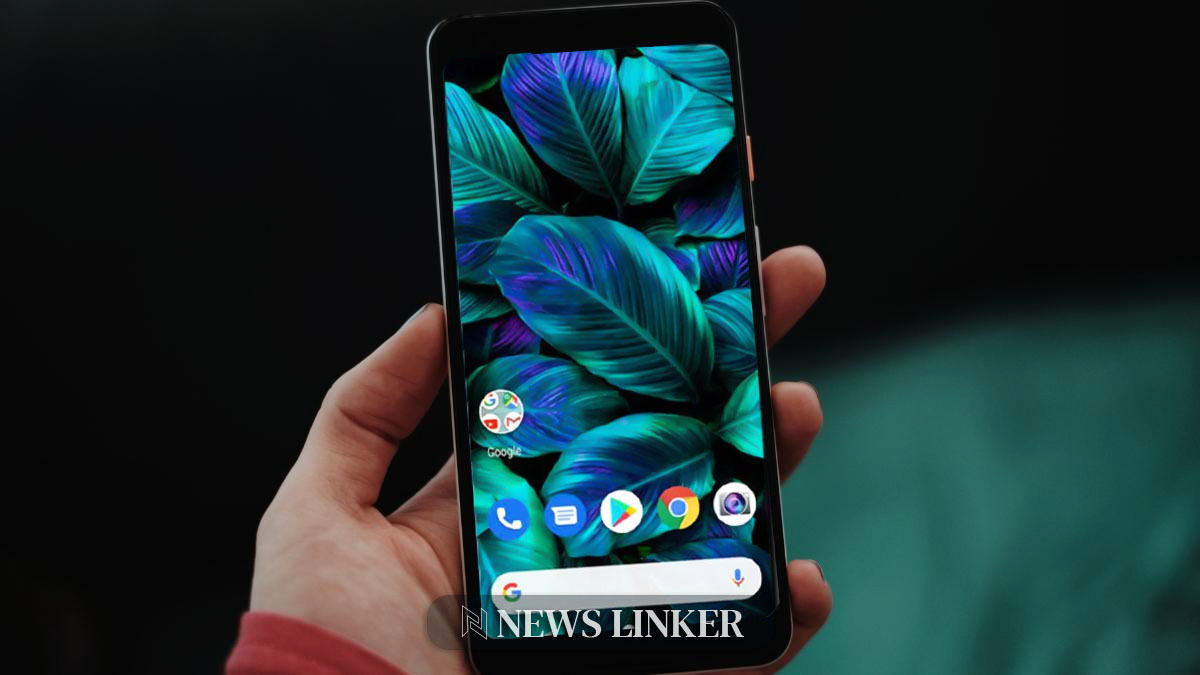The iPhone alarm failing to ring can cause significant disruptions to daily routines. This alarm issue, a seemingly small glitch in the iPhone’s functionality, stands as a modern inconvenience that can lead to missed appointments, tardiness, and overall frustration. Nevertheless, this problem is not without a solution. A series of troubleshooting steps can be taken to ensure the alarm’s proper functionality, which can include volume adjustments, sound selections, and system checks to avoid such incidents.
The reliance on smartphones for various functionalities, including the alarm clock, has been a gradual shift over the years. Prior incidents and user experiences have spotlighted common challenges with iOS alarm systems, leading to a broader discussion on the reliability of these essential features. Reports of users encountering similar issues have been shared on forums, social media, and customer support platforms. These recurrences have spurred the development of a range of solutions and preventive tips to aid users in navigating these technical hiccups.
How Can Volume Settings Impact Alarms?
An iPhone’s alarm volume may be inadvertently lowered or muted, resulting in missed alarms. Users are advised to check the settings and ensure that the ringtone and alert volume is sufficiently loud. Disabling the ‘Change with Buttons’ option can prevent accidental volume changes that could affect the alarm sound. Furthermore, the choice of alarm tone can also play a crucial role; selecting a louder tone can provide an additional layer of reliability for waking up on time.
Are There Common Mistakes to Avoid?
A common mistake that leads to alarm malfunctions is related to the time settings, such as confusing AM and PM. Checking the alarm’s scheduled time can prevent such oversights. Additionally, for those using the Health app’s Sleep Schedule, it is essential to ensure that it does not interfere with the alarm settings in the Clock app. Disconnecting other media devices can also prevent the alarm sound from being directed to peripherals like Bluetooth speakers or headphones instead of the iPhone’s speakers.
What If Software Glitches Are the Culprit?
When persistent alarm issues are suspected to be software-related, steps like restarting the iPhone, updating iOS to the latest version, or even resetting all settings may resolve the problem. A scientific study published in the “Journal of Mobile Technology in Medicine” titled “The Impact of Smartphone System Updates on Apps Functionality and Reliability” highlights that system updates often include essential fixes for bugs that affect apps like the Clock. This reinforces the importance of keeping the iOS up to date to maintain the reliability of the iPhone’s functionalities.
Useful Points for the Reader:
- Ensure that the alarm volume is set to an audible level.
- Verify that the alarm is set for the correct time and AM/PM setting.
- Keep the iPhone’s software updated to prevent known bugs.
In conclusion, while the iPhone’s alarm not ringing can be a source of annoyance, it is usually resolvable through simple checks and settings adjustments. Ensuring the alarm volume is loud enough, choosing an appropriate alarm tone, double-checking the time settings, and keeping the device’s software up to date can help mitigate these issues. In more stubborn cases, restarting the device or resetting settings may be necessary. If all else fails, Apple Support can provide further assistance. It is indeed manageable to make certain that you wake up to your alarm ring as intended.










